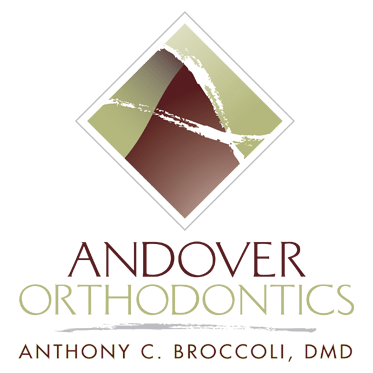Are you or your child getting braces? Braces are very common these days because nearly everyone can benefit from some orthodontic intervention. Braces not only straighten your teeth, but also correct your bite and help maintain your oral health.
If you’re getting braces, do you know what to expect? There are some things you should know ahead of time that will help you avoid any surprises.
Your Mouth and Jaw May Be Sore
Getting braces put on does involve some pushing and pulling at your teeth. It won’t hurt while you are getting the braces put on, but soreness may develop a few hours afterward, later that night, or the next day. Your teeth may ache a bit or hurt when you bite down on anything hard or chewy. Your jaw may also be sore from holding your mouth open for longer than usual while your braces were being put on. You can ease the pain with Tylenol or Advil, and by sticking to a soft diet. The soreness should subside in a few days.
You May Salivate More Than Usual
When your mouth detects a foreign object, such as your braces, it naturally creates more saliva. Your mouth may water and cause you to swallow more often. This will only happen for 20 minutes to an hour at the most until your mouth gets used to the braces and adjusts accordingly. Feel free to sip water to help wash down the excess saliva.
Braces May Irritate the Inside of Your Cheeks and Lips
The metal brackets take some time to get used to. The soft tissues in your mouth like the insides of your cheeks and lips and sometimes even your tongue, can become irritated from rubbing against the metal when you talk or eat. Cover the braces with orthodontic wax wherever you feel irritation and allow the tissue to heal. Your mouth will adjust in a few days or a week at the most and you likely won’t need the wax anymore. Each time you get your braces adjusted, check carefully with your tongue and cheeks for any rough spots or wires that are poking you and let us know before you leave.
There Will Be Some Foods You Shouldn’t Eat
You will be given a list of foods to avoid while wearing braces. These typically include hard or sticky foods that could damage your braces or pull the bands off of your teeth (think taffy). Never chew ice because it will likely damage your braces.
It is Important to Brush and Floss Your Teeth
You still need to brush and floss your teeth while wearing braces. In fact, you should brush your teeth more often to ensure you remove food particles from your braces. Brushing after you eat something is a good idea, for your dental health as well as to avoid the embarrassment of having food visibly stuck in your braces. If you are unable to brush, a good rinsing with water can help remove the stuck food. Flossing is more difficult, requiring you to thread the floss under your archwire between each tooth. But it is still important to keep flossing. Braces make your teeth more susceptible to cavities by giving food more areas to get trapped in, so good oral hygiene is crucial.
Follow Your Orthodontists Instructions
The better you follow your orthodontist’s instructions, the sooner you will be able to get your braces off. Avoid the foods you shouldn’t eat, wear your rubber bands correctly and as much as possible. And be sure to keep up with your scheduled appointments.
Getting Braces at Andover Orthodontics
If you still have questions about getting your braces on, Andover Orthodontics would be glad to answer all of your questions so that you feel comfortable. Braces technology has come a long way in making them less irritating and more effective. At Andover Orthodontics, we make the process as gentle as possible and help you ease into your new braces. Soon enough you’ll hardly notice them and next thing you know your treatment will be done.
Call 978-475-0450 today to schedule a consultation or request an appointment. We look forward to helping you transform your smile.



